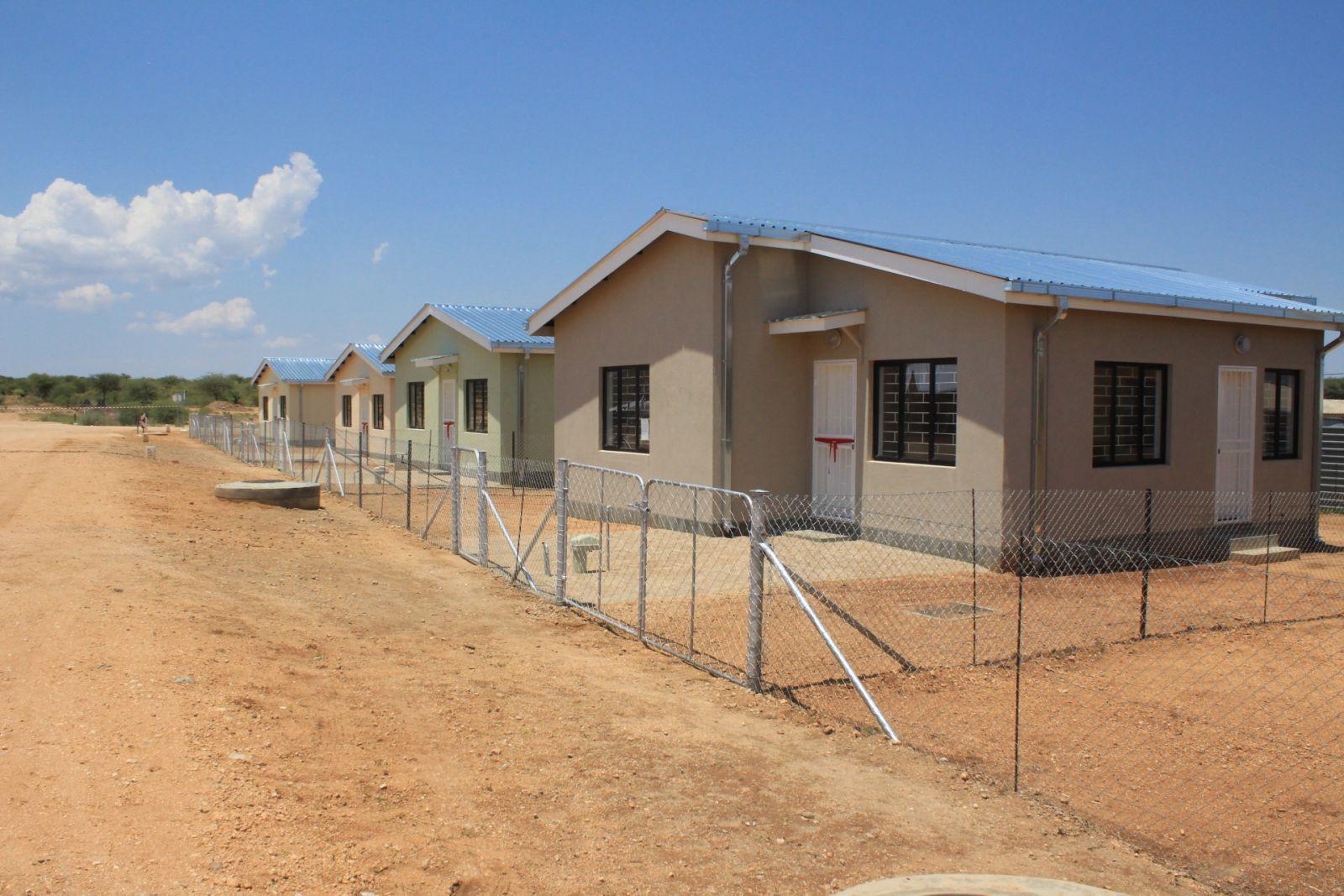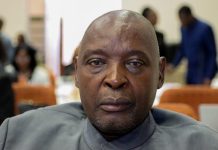Africa-Press – Namibia. The difference in repo rates between South Africa, which currently stands at 8.25%, while Namibia is at 7.75%, amounting to a difference of 50 basis points, continues to be the reason that many investors chase better returns in South Africa.
For the first five months of 2023, Namibia recorded capital outflow of about N$10.1 billion that sat in South Africa, compared to N$7.75 billion in the same period in 2022. This was revealed by Bank of Namibia governor Johannes !Gawaxab on Wednesday as he announced a 50 basis points increase in Namibia’s repo rate, bringing it to 7.75%, and prime lending rate to 11.50%.
“We need to catch up and close up the gap before it becomes a bigger problem. If we as a bank mandated to maintain financial stability do not act now, it will be dire for many in the country,” said !Gawaxab.
Furthermore, the governor added that on a monthly basis, inflation increased to 6.3% in May 2023 from 6.1% in April 2023. Going forward, overall inflation is projected to average 6.1% in 2023.
“Private sector credit extension slowed from 3.1% in February to 2.6% in April 2023. This is a result of the subdued uptake of credit by businesses. The dwindling annual growth continued to be mostly observed in the mortgage loans and other loans and advances and overdrafts credit categories,” added the governor.
Weighing on the 50 basis point increase, group economist at First Rand Namibia, Ruusa Nandago supported the increase with the view to maintain the currency peg and anchoring inflation.
Speaking at the evening dialogue on Wednesday, organised by the Economic Association of Namibia, Nandago stated credit demand is expected to be quite weak for the year.
Nandago noted the increase in the interest rates has a negative and a positive side for the banks. Although banks do benefit on the one hand, on the other hand, they could also not benefit because of the increase in the default rates or the inability of consumers to service the debt.
“What the increase in the repo rate would mean is that we’d have to increase our home loan rates. So, for banks, given that our business is of interest rates, it does mean that we do benefit from that from a profitability perspective. I think the other side of the coin is the fact that the high interest rate environment, high price environment also means that individuals and businesses also come under some pressure leading to higher default rate,” explained the economist.
Repossessions
At the same event, the head of research at Cirrus Capital, Robert McGregor said since the start of last year (the start of the hiking cycle) mortgage payments outpaced inflation very rapidly and that has a big impact on households’ disposable income.
McGregor added his voice to the housing issue and stated the big issue is policy.
“So, the cost of land is the big challenge. Interest rates should theoretically weaken demand, right? So you don’t have more people being able to afford mortgages. For the last 30 years, we simply haven’t been building sufficient houses and that’s again a national policy issue,” said the researcher.
McGregor added that there are also lots of costs involved. He noted Namibia regulations and legislation date from pre-independence and are simply outdated.
Nandago said the banks are aware of what their customers are facing from a cash flow perspective. She further urged customers to approach banks even before they miss their payment to work out something that would be of relief.
She further stated repossession of homes is a very last resort that the banks take after they have tried to work out some sort of payment plan or restructuring.
“So what we do try to do is to work out arrangements with our customers on a case by case basis, and looking at things like your restructuring or renegotiating some of your payment terms. So, that is something that we do as a bank just to try and help our customers in this very tough environment,” she explained the process.
For More News And Analysis About Namibia Follow Africa-Press






